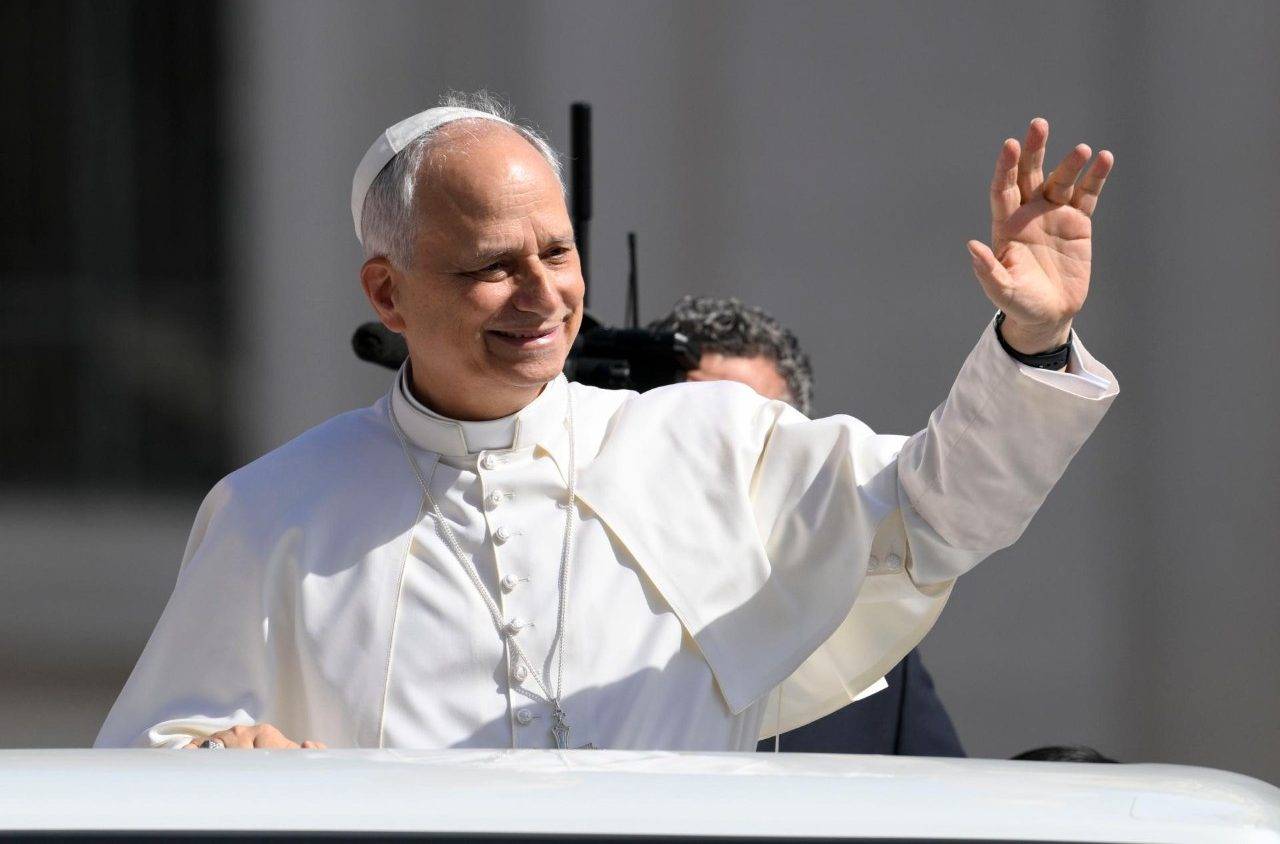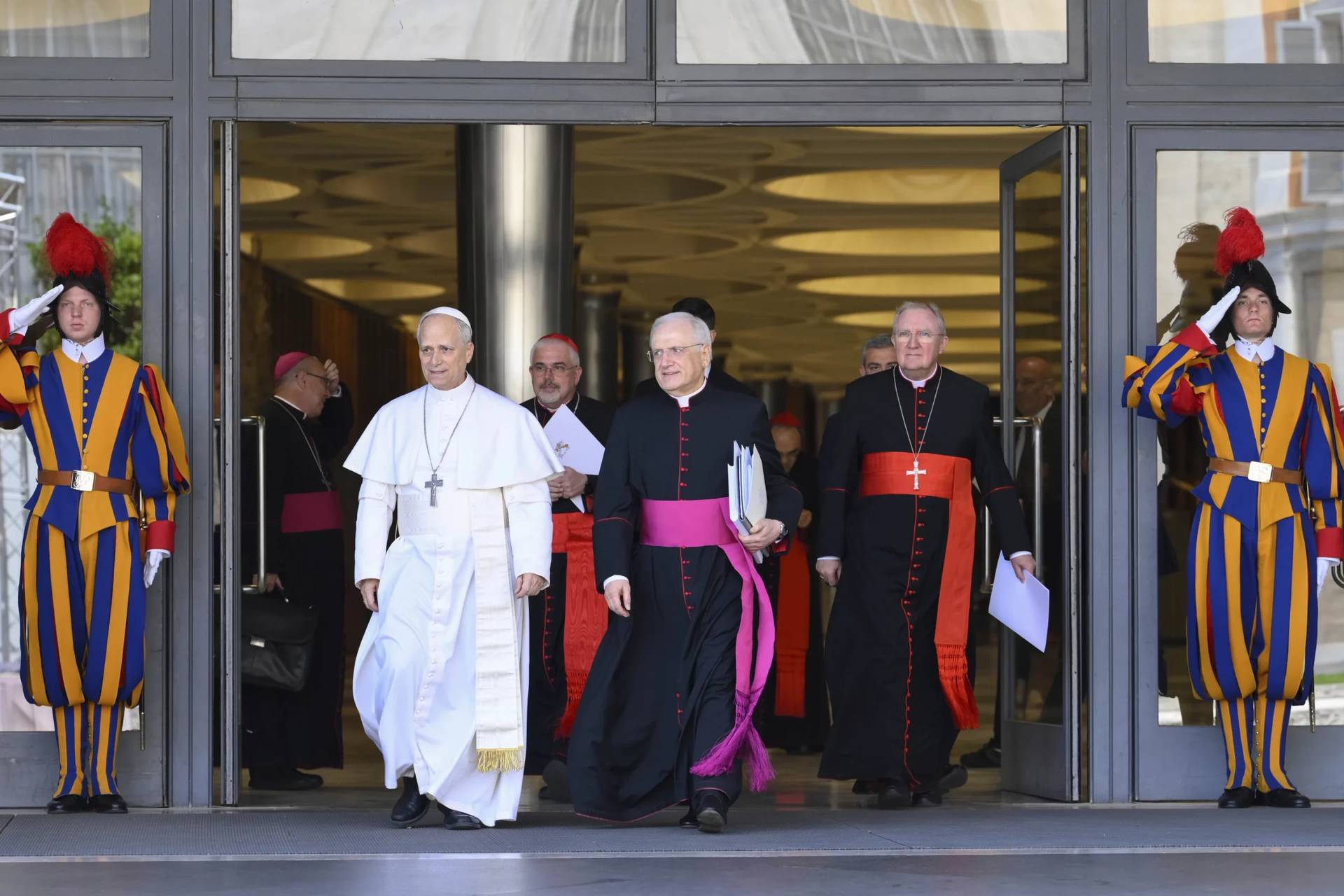This past Monday, phone lines across Rome began to heat up with rumors that something had happened with Libero Milone, a veteran Italian businessman and expert in auditing and tax services who had been hired in June 2015 as the Vatican’s first-ever Auditor General, billed as the final piece of the puzzle in terms of building a culture of accountability and transparency.
On Tuesday, the other shoe dropped: The Vatican released a terse, four-line statement saying that Milone had submitted his resignation, Pope Francis had accepted it, and, by “common agreement,” his relationship with the Vatican was over.
The statement wished Milone well, and said that a search will soon be launched to find his successor.
What the statement didn’t offer was any explanation of why Milone was walking away, two years into what was supposed to be a five-year term, and well before anything like an actual audit of Vatican finances had been brought to completion.
Given that the only force on the planet that abhors a vacuum more than nature is the Italian press, speculation immediately ensued about the backstory.
RAI, the Italian state broadcasting service, reported on the basis of “multiple sources” that a raid had been conducted on Milone’s office Monday by the Vatican’s Gendarmes, obviously creating the impression that he was suspected of misconduct and resigned to avoid prosecution. One anonymous Italian cardinal was quoted in Corriere della Sera as saying, “He must have gotten fat,” meaning enriching himself.
Others, however, found hard to swallow the idea that a former executive of such corporate giants as Deloitte, Fiat and Wind, with a previous reputation for integrity, would engage in such behavior. According to this view, Milone likely fell victim to internal Vatican power struggles, perhaps for standing too close to Australian Cardinal George Pell – the man brought in by Francis in 2014 to head a powerful new Secretariat for the Economy, but who’s subsequently seen his wings clipped several times.
Still others wondered if Milone simply despaired of trying to reform a system that didn’t seem interested in reforming, and decided to walk away. (That seems a bit unlikely, however, given that just a month ago in an interview with Corriere, Milone was asked if he regretted taking the job, and said, “No, on the contrary, I’m in this all the way to the end.”)
One final theory is that Pope Francis realized that he’d appointed the wrong man for the job, and decided to pull the trigger on replacing him before further time is lost. Under that theory, the lack of explanation for the move was actually an act of mercy.
No matter which scenario proves to be closest to the truth, the optics are not encouraging in terms of the current state of Francis’s reform. Coupled with other apparent gaps, such as the fact that while more than 40 cases of alleged impropriety have been flagged by the Vatican’s Financial Information Authority for investigation, not a single prosecution has been pushed through by the Vatican’s justice system, Milone’s downfall prompted many to begin writing obituaries for the whole idea of reform.
We may never get a full explanation, but in the meantime, here are three thoughts about where things stand after Milone’s exit.
First, one of the cornerstones of the reform effort launched shortly after Francis was elected to the papacy in March 2013 was supposed to be transparency. It would be clear how much money the Vatican has, where it comes from, how it’s being used, and who has access to it. There would be no more occult maneuvers, no more shady deals, and no hidden powers pulling strings behind the scenes, on the idea that sunlight is the best disinfectant.
Much remains unclear about the Milone affair, but one can at least say this with confidence: When the supposed lynchpin of a reform walks away with no explanation offered, that’s not exactly a model of “best practices” vis-à-vis transparency, no matter how unpleasant the reality turns out to be.
Second, however discouraging the latest developments, hope is not yet lost.
Among other factors, the Vatican faces a deadline later this year for submitting a response to Moneyval, the Council of Europe’s anti-money laundering agency, as a key element of its bid to be accepted as a virtuous player by global financial systems. In its 2015 evaluation, Moneyval praised new legal norms to combat money laundering and the possible financing of terrorism adopted under Pope Francis, but insisted on seeing those norms applied in practice.
By late December, if there still hasn’t been a single successful prosecution for financial crimes and the position of Auditor General is either vacant or occupied by someone perceived as not up to the job, Moneyval’s interim judgment is unlikely to be positive. In theory, the Vatican could see transactions frozen by other states, or find itself paying extra transaction fees to cover the presumed risk of doing business with it – presumably, an outcome no one wants.
Perhaps, in other words, if the Vatican can’t summon the internal will to reform, external forces will help push it along.
Third, the perceived unfinished business in Francis’s reform, if left unresolved, may eventually raise the question of whether “reform” is even possible – that is, whether the Vatican, as we currently know it, is essentially irreformable.
Pope John Paul II attempted an ambitious overhaul of the Roman Curia in 1998 with the document Pastor Bonus. But in the eyes of most observers, it left several underlying administrative problems largely intact.
When Pope Benedict XVI was elected in 2005, many hoped that, as an old Vatican hand, he would know where the bodies are buried and bring a long-overdue ‘purification.’ Benedict took some important steps, including the creation of the Financial Information Authority, but in the end his efforts too stalled amid the first round of the “Vatileaks” affair.
Francis came into office promising a root-and-branch reform. He created a whole series of new structures, often bringing in outsiders with reputations for both expertise and clean hands to staff and advise them. Yet four years later, the most common verdict one hears in Rome is that so far, it’s been una riforma gattopardesca – a reference to an Italian novel whose most famous line is, “Everything must change, so that everything can remain the same.”
If that’s still the assessment at the end of Francis’s papacy, one wonders what a future pope might make of all these disappointments.
One possibility would be to decide that attempts at reform of the Vatican are simply a waste of time and there are bigger fish to fry, so why bother? Another, however, is to conclude that a strategy of incremental reform gives too much time to entrenched interests to mobilize resistance – only burning the place down all at once, metaphorically speaking, and then rebuilding it from the ground up, will work.
On this view of things, Vatican reform would remain a priority, on the theory that the Church’s moral credibility is at stake. The question isn’t whether, but how, and this approach would seem to call for the equivalent of “shock therapy.”
After the conclave that elected Francis, Pell reported that one motto among the cardinals had been “no more Calvis,” a reference to a key figure in the Vatican bank scandals of the 1970s and 80s. Depending on how things unfold from here, the cry of “no more Milones” may be in the air next time – as a warning not just about corruption, but also the right way to fight it in an institution with a long history of simply waiting popes out.














